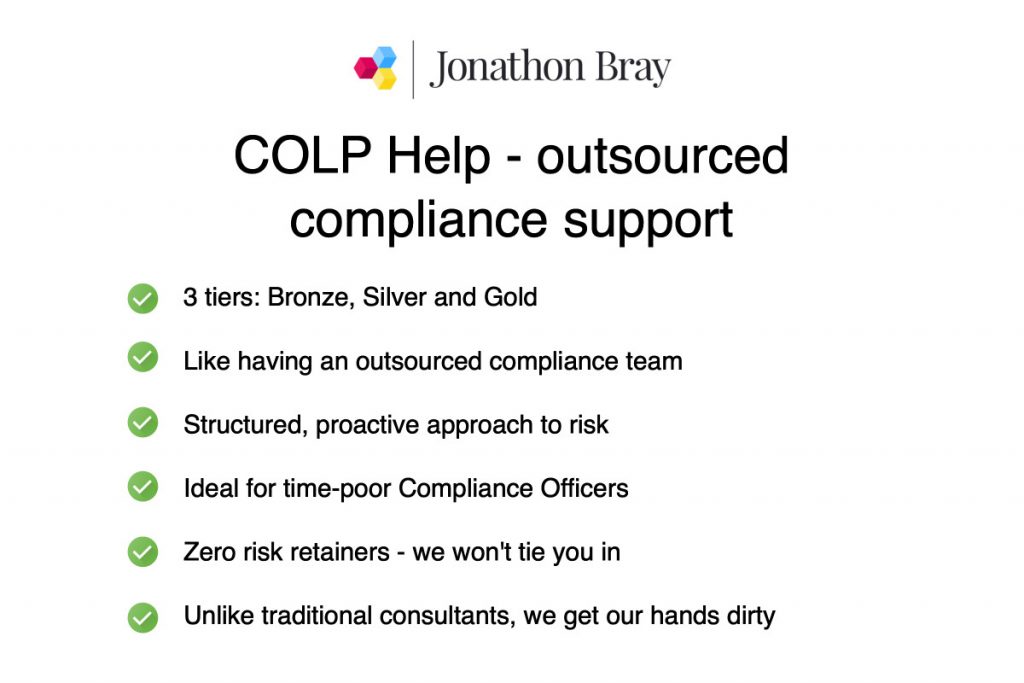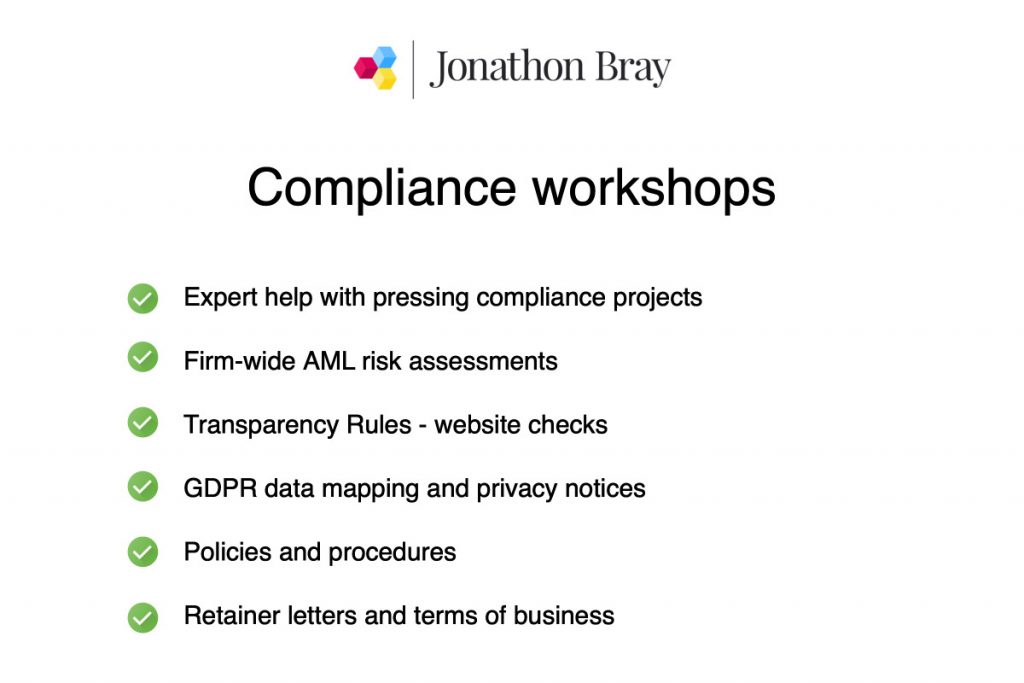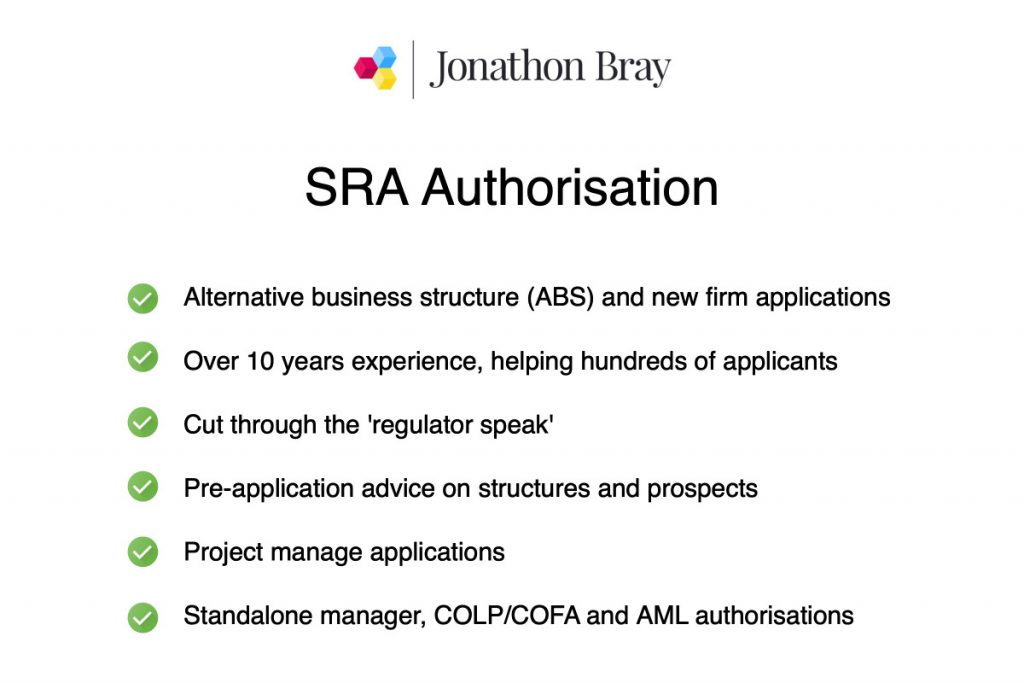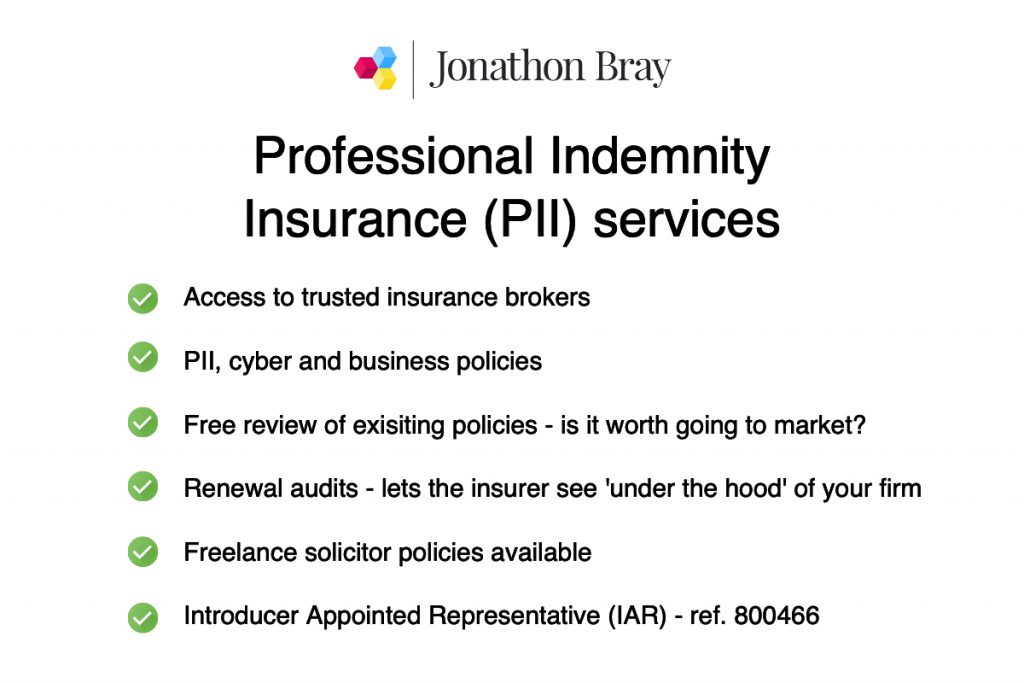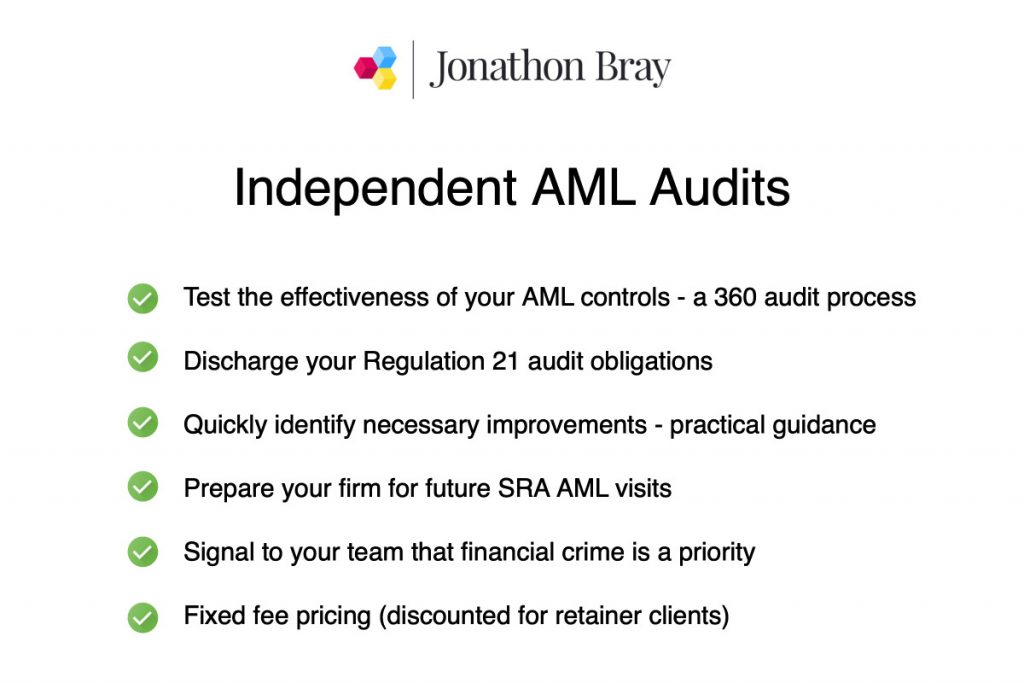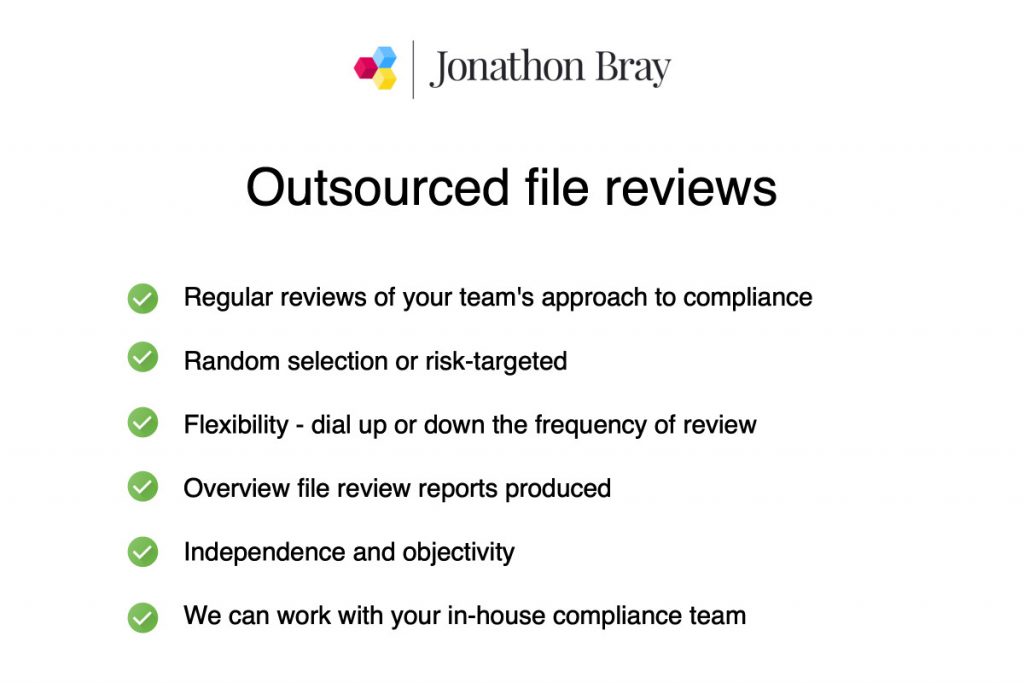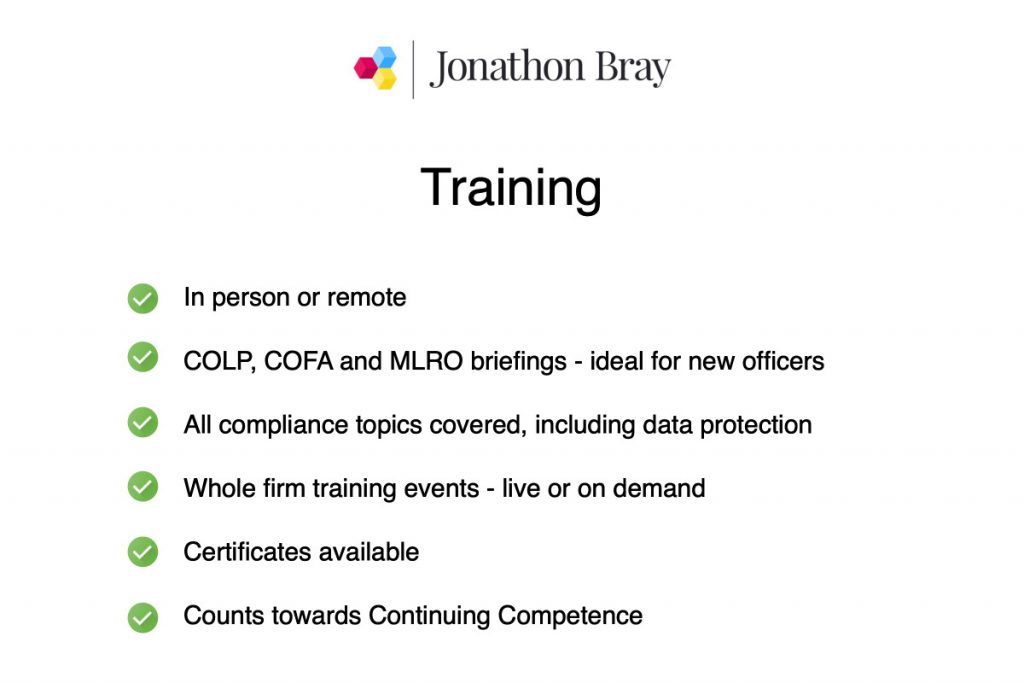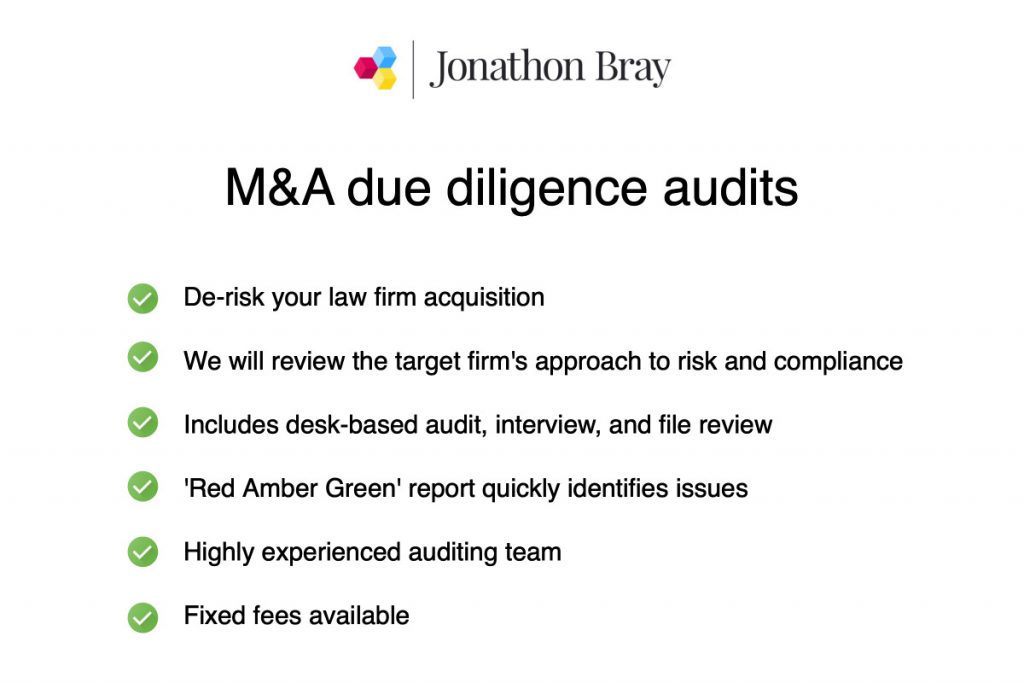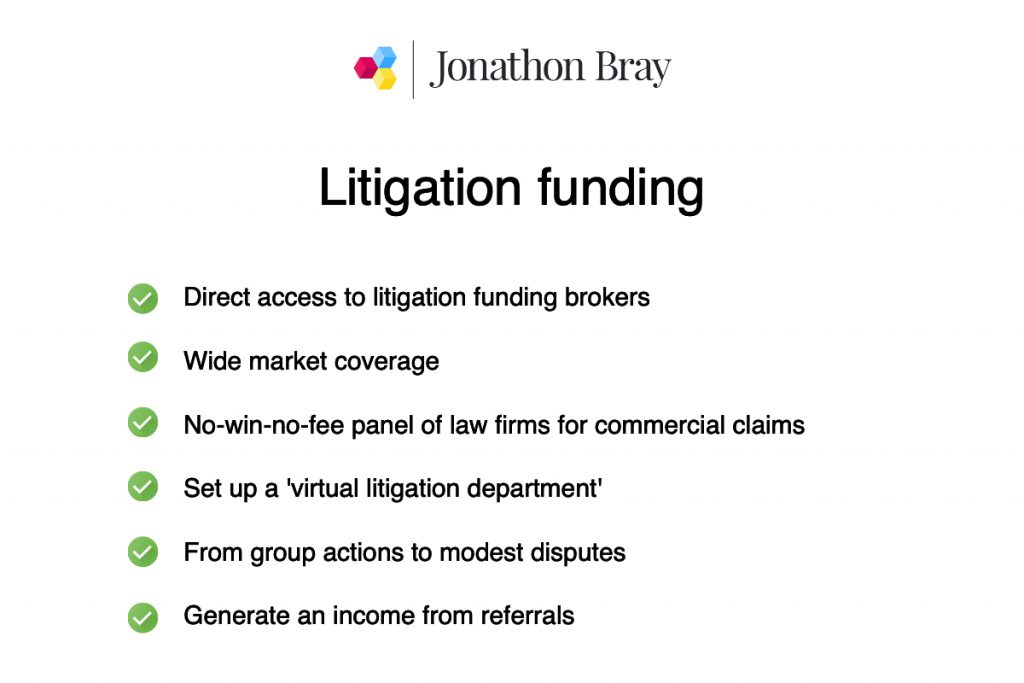
Happy New Year and welcome to the latest edition of the COLP Insider, which we think is an essential guide to staying current and compliant in the ever-evolving world of SRA regulations. In this issue, we delve into the critical role of the Compliance Officer for Legal Practice (COLP) and how it is developing in 2024.
We also explore notable cases, including a solicitor fined for misinterpreting SRA rules, and the impact of work pressure on legal ethics, as highlighted by a recent Solicitors Disciplinary Tribunal case.
Significant updates from the SRA are covered, including progress and ongoing challenges in enhancing diversity within the legal profession, and a reassessment of amendments to Accounts Rules following the Axiom Ince scandal.
Other updates include Law Society Practice Notes and Guidance, insights from the Office of Financial Sanctions Implementation’s annual review and the Legal Services Board’s review of the Axiom Ince intervention.
We have also started Compliance Corner, a space for answers to real-life ethical conundrums. Submit your questions here! The first question is about practising foreign law through an SRA-regulated firm.
There is also a link to our latest free webinar, and a roundup of recent disciplinary decisions by the SRA and SDT.
We hop that you find this edition a must-read to start your year informed and prepared for the challenges and opportunities in legal compliance.
Jon and the Team
How to be a COLP in 2024
The Compliance Officer for Legal Practice (COLP) plays a crucial role in ensuring that their firm complies with the rules set by the Solicitors Regulation Authority (SRA) and other regulations applicable to law firms. Their responsibilities include overseeing compliance frameworks, managing risks, ensuring ethical conduct, and maintaining high standards of practice.
As regulatory frameworks become more complex, regulators get ever-bolder and technology evolves, the COLP is an increasingly pivotal role. It is certainly not to be taken lightly.
(See also 10 Things You Must Do as COLP.)
Case of note: Solicitor fined for misunderstanding SRA rules
The recent case of solicitor Jane Thirza Moir (JTM) serves as a timely reminder of the importance of staying up to date with regulatory changes. Although it only resulted in a relatively small fine, the case is relevant to anyone who did not fully engage with the SRA rule changes back in 2019.
ICYMI: A cautionary tale: The impact of work pressure on legal ethics
The Solicitors Disciplinary Tribunal (SDT) recently heard the case of Ian Patrick Charles Clay, which contains important lessons about the effect of overwork on ethical decision-making.
The case centred around his handling of client cases while under significant work pressure. Clay failed to inform two clients about important developments in their employment tribunal claims. He also misled one client about the reason her claim was struck out, attributing it to the claim’s merits rather than his failure to attend a hearing. The Tribunal suspended Clay for six months and ordered him to complete compliance training before resuming practice.
The SDT emphasised the importance of solicitors being open with their clients when encountering problems due to work pressure.
Read the full article and practical tips
News and Guidance

SRA Updates
- Profession’s diversity continues to improve but more to do – The SRA’s 2023 report on law firm diversity reveals gradual improvements in diversity within the legal profession, but acknowledges there’s more work to be done:
- Gender Representation: The proportion of women in the legal profession has increased slightly to 53%, up from 52% in 2021. Women constitute 37% of partners, a 2% increase since 2021. However, women are underrepresented in senior roles, particularly in larger firms.
- Ethnic Diversity: 19% of lawyers across all firms are from Black, Asian, or minority ethnic backgrounds, a rise from 18% in 2021. This group includes 12% Asian lawyers, 3% Black, 3% Mixed/Multiple, and 1% from other minority ethnic backgrounds. Larger firms have a lower proportion of partners from these backgrounds compared to smaller or single-partner firms.
- Socio-Economic Background and Disability Representation: The legal sector still has a high proportion of individuals from ‘privileged’ backgrounds, though this is slowly decreasing. The number of lawyers with parents from a professional background fell from 60% in 2019 to 57% in 2023. The sector also sees an underrepresentation of individuals with disabilities, with only 6% of lawyers reporting a disability.
- Pay Gap Reports: The SRA has published gender and ethnicity pay gap reports. The median pay gap between Black, Asian, and ethnic minority staff and White staff has reduced to 7.6% in 2023, but still exceeds the UK-wide average. The gender pay gap stands at 9.3%, narrower than the national average. Actions are planned to further reduce these gaps.Paul Philip, SRA Chief Executive, emphasised the importance of a diverse and inclusive legal profession, noting the benefits for both the public and legal businesses. He acknowledged the progress made but recognises that more efforts are needed, especially in achieving greater diversity in senior roles.
- SRA rethinks Accounts Rules amendments – In response to the Axiom Ince scandal, the SRA has decided to postpone proposed changes to the Accounts Rules. This decision comes after a review of consumer protection arrangements, including risks to client money and the effectiveness of current protective measures. The proposed changes included clarifying the position on billing in advance.
Law Society Updates
- [Updated] Practice Note: Protection for client accounts – This practice note provides guidelines on the safeguarding framework for client deposits, particularly in scenarios where a deposit-taking institution collapses. It includes details on:1. Liability for Client Money: Clarifying potential negligence liability if client money is lost following an institution’s collapse, emphasising adherence to SRA Accounts Rules.
2. SRA Accounts Rules: Outlining requirements for placing client money in authorised bank or building society accounts, including interest considerations and account diversification.
3. Financial Services Compensation Scheme (FSCS): Explaining the role of FSCS in compensating consumers, including coverage limits and eligibility criteria for claimants.
4. Client Account Considerations: Discussing FSCS’s application to client money, deposit protection per banking licence, and account management in foreign deposit-taking institutions.
5. Temporary High Balances: Detailing FSCS’s higher protection limits for temporary large deposits due to specific life events.
6. Actions for Making Compensation Claims: Providing steps for claim procedures in case of institution collapse, including client consent requirements.
7. Client Information Management: Offering guidance on informing clients about their fund’s safety and compensation limits, and obtaining consent for disclosing client details to FSCS. - Guide: Suspicious activity reports – The Law Society’s guide on Suspicious Activity Reports (SARs) details the process for reporting suspected money laundering or terrorist financing to the National Crime Agency (NCA). SARs require low-threshold suspicion based on the existence of criminal property. SARs can be submitted electronically or via post/fax, and should include detailed identity information and glossary codes for efficient processing. A clear, concise explanation of the suspicion is crucial. If handling criminal property is suspected, a Defence Against Money Laundering (DAML) request is necessary. Post-submission, careful client interaction is advised to avoid ‘tipping off’ offences.
- What’s changing: Economic Crime and Corporate Transparency Act – Key provisions of the recently passed law include inserting a new objective into the Legal Services Act 2007 to tackle economic crime, reforms to Companies House, additional powers to combat cryptoasset-related crimes, and a new offence for failing to prevent fraud. The Act holds businesses liable if they don’t prevent staff or third parties from committing economic crimes, with specific focus on fraud offences. It applies to large organisations as defined by specific criteria, and includes new exemptions under the Proceeds of Crime Act 2002 related to money laundering offences and mixed-property transactions. The new legislation also gives the SRA unlimited fining powers for economic crime offences.
- Guide: UK economic crime regime – This guide outlines key legislation affecting solicitors and firms in tackling economic crime and money laundering.
- Guide: UK sanctions regime – This guide provides comprehensive information on managing and complying with sanctions. It covers the legal framework for the UK sanctions regime and highlights criminal offences related to sanctions, such as dealing with funds of designated persons. It advises on conducting sanctions risk assessments, checking clients against sanctions lists, understanding high-risk jurisdictions, and details on specific sanctions regimes like those against Russia. Additionally, it discusses the role of the Office of Financial Sanctions Implementation (OFSI) in granting licences for transactions involving designated persons and the newly formed Office of Trade Sanctions Implementation (OTSI).
Other Updates
- OFSI publishes annual review 2022 to 2023 “Strengthening our sanctions” – In its latest Annual Review, the Office of Financial Sanctions Implementation (OFSI) emphasises its focus on expanding the UK’s Russia sanctions regime, with significant assets frozen and oligarchs sanctioned. OFSI is transitioning to a proactive enforcement model, conducting complex investigations into Russia-related breaches. The review reported 473 suspected breaches of financial sanctions, leading to various enforcement actions including warnings and penalties. OFSI’s Licensing Unit processed 503 cases, reflecting a substantial increase in operational activities. Looking ahead, OFSI plans to enhance its enforcement model, develop intelligence capabilities, and increase collaboration and industry engagement, particularly in high-risk sectors and with international partners like OFAC.
- The Money Laundering and Terrorist Financing (Amendment) Regulations 2023 – These are minor changes stipulating that when assessing AML risk, UK domestic PEPs (and their family and associates) should initially be considered as posing an “inherently lower risk” than international PEPs.
- Legal Services Board confirms review of events leading up to the SRA’s intervention into Axiom Ince – The LSB has announced an independent review of the events leading up to the intervention in Axiom Ince, acknowledging the significant impact of the case and the need for independent scrutiny to maintain public and professional trust. The review’s terms of reference will be published in January 2024, with a completion target for spring 2024. The LSB will collaborate with Carson McDowell, a Northern Ireland-based law firm, to conduct this review. This firm is not regulated by the SRA, ensuring an independent perspective in the review process.
Compliance corner – real life Q&As

Practising foreign law through an SRA-regulated firm
Can we practise the law of another jurisdiction through our SRA-regulated law firm? We employ dual qualified solicitors.
The short answer is yes, subject to competence, supervision and insurance.
SRA Authorisation of Firms Rules
Rule 6.1 restricts traditional firms (i.e. non-ABS law firms and sole practitioners) to providing solicitor-like legal services or “lawyers of other jurisdictions”.
The rule goes on to say that, in addition, traditional practices are allowed to conduct a wide range of non-legal business including estate agency, financial services, accountancy and other professional and specialist business support services. Included in the long list of exemptions is “practising as a lawyer of another jurisdiction“.
ABSs
The position is not so explicitly clear for licensed bodies (aka Alternative Business Structures). On the one hand, ABSs are not subject to the same restrictions as recognised bodies and sole practitioners in the authorisation rules. On the other hand, the rules do not expressly include “practising as a lawyer of another jurisdiction” as one of the permitted exemptions.
However, a large part of the rationale for ABSs in the first place was bringing together legal and non-legal services. The legislators’ vision was that clients would benefit from ‘one stop shops’ – in other words, a wide range of professional services from one provider. It would make no sense if the ability for ABSs to provide non-reserved legal services was more restrictive than for traditional firms.
Indeed, the Legal Services Act gives the SRA the power to designate an ABS as a “Multi-disciplinary Practice” (MDP). This is a special type of ABS where the licence specifically carves out non-legal services as being subject to fewer SRA regulations (e.g. relaxed professional indemnity insurance). The demonstrates the inherent flexibility of and ABS licence.
It is however unlikely that the SRA would consider an MDP application purely for foreign law advice, unless the firm was also subject to separate foreign regulation to protect local clients. Any regulatory gap leading to a risk of client detriment would be a non-starter.
So the net result is that the SRA would want to regulate foreign legal advice in an ABS in exactly the same way as it would for traditional practices. It is not reserved work, but it is legal work.
SRA Code of Conduct
It follows that the usual SRA conduct rules will apply. Of particular relevance are the competence and supervision requirements.
An SRA-regulated firm providing foreign legal advice will need to ensure that:
- Those delivering the service are competent to do so, which would imply qualification in the overseas jurisdiction
- Foreign lawyers remain up to date with their practising knowledge
- All work is adequately supervised.
Insurance
Consult with your insurance broker to understand any policy limitations or requirements related to practicing foreign law, particularly if this is a new service or not otherwise declared in your PII renewal or proposal. This will ensure that you remain compliant with your policy terms and adequately protected against potential negligence and regulatory risks.
Free webinars and recordings

Next session: Looking back, looking forward – Compliance trends for law firms
Save the date for January’s free webinar – our annual roundup of the main compliance issues of 2023 and what to look out for in 2024.
Invitations and registration links will shortly arrive in your inbox.
We look forward to seeing you there!
Date: Wednesday 24 January 2024
Time: 12:00pm-1:00pm
Venue: Zoom webinar (registration link to follow)
Recording: Unraveling the latest SRA Accounts Rules changes, and identifying client money risks and opportunities
We were thrilled to collaborate with Shieldpay, industry pioneers in Third Party Managed Accounts, for an in-depth exploration of the evolving landscape of client account management.
What we covered:
1. In-depth Analysis of Current Risks: Understand the complexities and pitfalls in holding client money.
2. Emerging Opportunities: How to leverage the rules to your firm’s advantage.
3. Third Party Managed Accounts Explained: A comprehensive look into why this might be the strategic shift your practice needs.
4. SRA Updates & Cases 2023: Stay ahead with the latest SRA rule changes and landmark cases impacting solicitors. N.B. The SRA has now withdrawn its application to change the rules (News and Guidance, above).
Click here for the recording – use password DG=8*H&%
Training resource: On-demand webinar archive
Contact us for access to our extensive back catalogue of recorded webinars, available from just £49 + VAT. Topics include:
- Financial crime: LSAG, firm-wide risk assessments, client due diligence etc.
- Sanctions
- Use of client account as a banking facility
- Data protection
- Financial stability
- Conflicts and confidentiality
- SRA Transparency Rules
- Accounts Rules
- Employee Ownership Trusts (EOTs)
- Register of overseas entities
- Sexual misconduct and solicitors’ private lives
- Terrorist financing
- And more….
We also produce bespoke training webinars and live workshops for your team.
SRA and SDT disciplinary decisions

- Jane Thirza Moir – £768 fine for solicitor who acted for family and friends without insurance, under the mistaken belief that this was permitted under the SRA rules.
- Syriah Gordon-Jones – non-lawyer banned from the profession, after making racist threats to colleagues and attempting to amend partners’ practising rights by accessing their mySRA accounts.
- Kathryn Lisa Carvell – conveyancing secretary banned from the profession for dishonesty. Shortly after sending a letter and property deeds to a client, she denied knowledge of the correspondence and in doing so made a misleading statement about a client file to her employer.
- David Hawkins – non-lawyer removed from the profession after dishonestly paying himself double salary.
What we do – contact us for a chat
